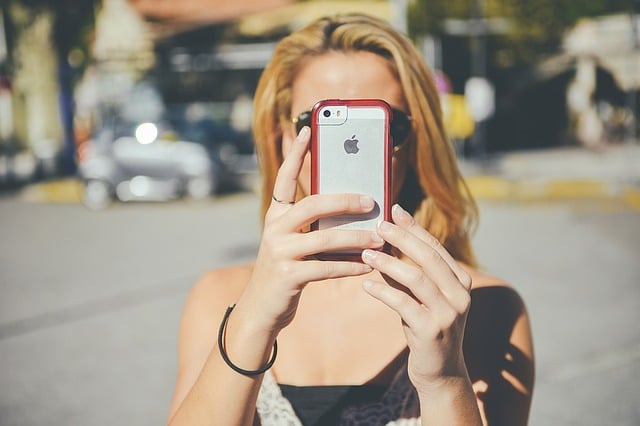However, scientists have found that relying on our smartphones too much might cause us to lose information in our memories. Avery Arjang examines this problem in detail and lets us know what we should do to combat it.
How are Memories Formed?
Memories are formed in the brain when neurons in the brain are connected. When these connections are activated, we recall past events. Groups of neurons, called ensembles, are activated together to recall the connections between memories.
Smartphones’ Effect on Memories
Smartphones may be interfering with how we make memories by cherry-picking specific moments that we dwell on more than other aspects of the event. We may be losing the multi-layered information that makes up a complete memory.
For example, if we are recalling a birthday party, we might only recall a friend blowing out the candles on the cake and forget what gifts they received. Other sensory information from the scene, like the smells and sounds, may not be recalled at all. This may seem like unimportant information, but comparing smartphone-assisted memories with “plain” memories may be startling.
The simple act of taking the photos or videos may be remembered more than the event itself. Too many of us view life’s special events solely through the viewfinder of a smartphone or camera. When we attend a concert, all we see when we look around are people holding up their devices for a view of the stage. It is ironic that the process of preserving memories for later may actually be interfering with the formation of memories.
Rewriting Memories
Photos may even cause us to “rewrite” our memories. Simply recalling a memory may be enough to alter it, and with repeated visits to the same memory through smartphones, our memories could be corrupted even further.
The Cognitive Crutch Effect
Using a smartphone as a crutch is called “cognitive outsourcing.” This is when the brain doesn’t need to form new neural pathways because the phone or assistive device does the work instead. This is also effective when people use their phones exclusively to remember addresses, birthdays, and phone numbers.
This isn’t always bad. For people with memory problems, a smartphone may be valuable in helping retain memories and refer to older ones. For people who have a difficult time forming short- or long-term memories, a smartphone can be a blessing.
How Do We Solve This Problem?
While recording every life event on our smartphones seems like it would help us remember precious moments, it could actually backfire and cause memories to be incomplete or even altered. What should we do about this problem?
Avery Arjang has some important advice to share. “As technology lovers, we should be aware of the possible negative effects of media on our memories. Try breaking the habit by putting your phone away when you are in a situation where you want to remember every detail. Resist the urge to record everything in your life.”
This can be a difficult prospect in this digitally driven world. We all want to be the one who shares the best photos or videos of special events on our favorite social media sites. Sharing memories together is an important way for friends and family members to bond.
Friends and family members are pleased when they are tagged in special events and feel included in celebrations, even when they can’t be there in person. Sharing photos and videos give our distant friends and family an important connection to their loved ones.
Not everyone sees negative effects on their memories from the use of a smartphone. Older people or those who have trouble forming memories may benefit from the use of a smartphone to help boost event recall.
Find a Balance
Balancing the negative effect of smartphones on our memories and the social benefits of recording events is a delicate dance. Keep this effect in mind when you are deciding whether to take a video or photograph a special life event. Be sure to preserve some of your special memories without any digital aids. This will help our brain make new memories in a natural fashion.

